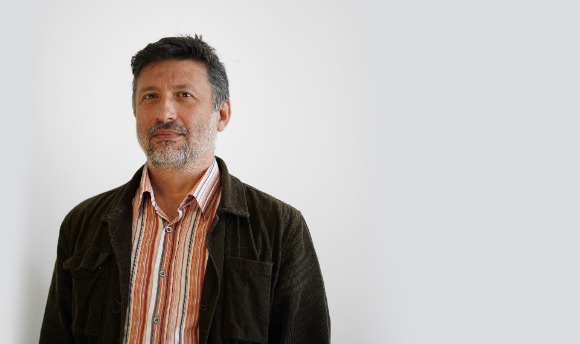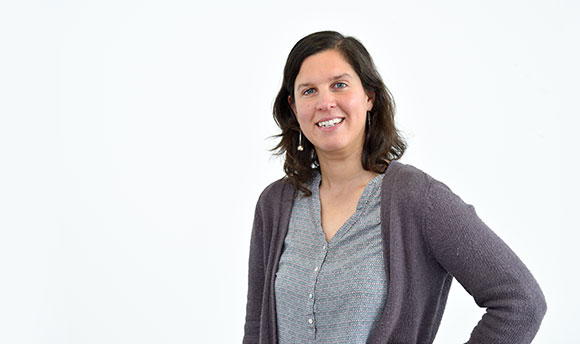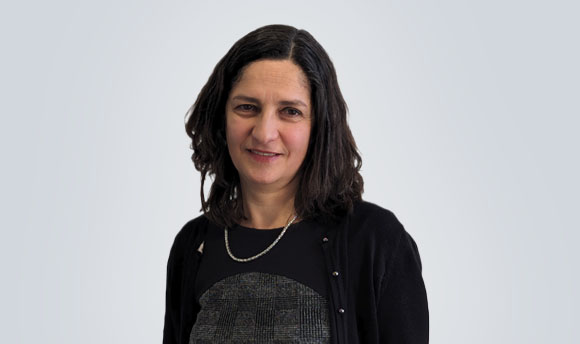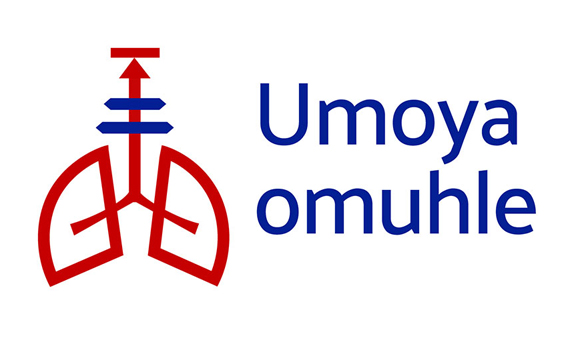Health Systems Resilience
Health Systems Resilience: Identifying ways to promote health systems resilience in contexts of protracted displacement through systems analysis of UNRWA provision to Palestine refugees displaced by the Syria Crisis.
01 Sept 2016 - present
Countries: Lebanon, Jordan, Syria



The United Nations Relief and Works Agency for Palestine Refugees (UNRWA) was established in 1949 to serve the needs of Palestine refugees displaced after the Arab-Israeli conflict of 1948. Over 5 million Palestine refugees across the Middle East (West Bank, Gaza, Lebanon, Jordan and Syria) are eligible for UNRWA services.
However, with the ongoing crisis in Syria, thousands of these refugees have been displaced once again – internally to different areas within Syria or to the neighbouring countries of Jordan and Lebanon.
This project is researching how the UNRWA health system working in these 3 countries is coping with the effects of crisis and increased numbers of patients. The research identifies what is helping UNRWA withstand and adapt to these changes.
A key part of this research will be to inform the resilience of other health systems coping with long-term displacement or humanitarian issues.
- About this project
- Partners
- Funding
- Project objectives
- Project publications
This project is investigating the impact of the displacement of Palestinian refugees on the UNRWA health care system within the context of the ongoing conflict in Syria.
Looking at situations in Lebanon, Jordan and Syria, the project is uncovering the vulnerabilities introduced by the Syrian crisis, and finding how and where UNRWA is adapting. By modelling the health system, our team has identified factors and strategies that have enabled the system to work.
Models are used to highlight areas in the system that are weak or likely to be under pressure during crises and to show how UNRWA has avoided worst-case scenarios, or prepared for them.
A key outcome from this project will be to inform other health systems dealing with long-term humanitarian crises about ways to promote health systems being resilient.
Health Systems Resilience has a team of staff from the Faculty of Health Sciences, American University of Beirut and the UNRWA Health system across Lebanon, Jordan and Syria, with Queen Margaret University leading the project.
This research project is funded by Elrha’s Research for Health in Humanitarian Crises (R2HC) Programme.
The Research for Health in Humanitarian Crises (R2HC) programme aims to improve health outcomes by strengthening the evidence base for public health interventions in humanitarian crises.
The R2HC programme is funded by the UK Government (DFID), the Wellcome Trust, and the UK National Institute for Health Research (NIHR).
To document the impact of the displacement of Palestine Refugees in Syria on the operation of UNWRA health systems – and their adaptation to disruption - through case studies in the contexts of Lebanon, Jordan and Syria;
To structure case studies using a systems dynamics methodology which models the systemic linkage of factors influencing health service functioning in circumstances of adversity;
To refine models through statistical analysis to identify primary pathways of threat and potential strategies of mitigation, and track the accuracy of these models in predicting future adaptation;
To synthesize learning across case studies to suggest common systems principles promoting health systems resilience in the context of protracted humanitarian crisis.
January 2019 - Blog - 'UNRWA: withstanding shocks and planning its future'
January 2019 - Findings flyer - 'Resilience across UNRWA systems: Accommodating the needs of Palestinian refugees from Syria ( Available on request via IGHD )
October 2018 - Article - 'Resilience capacities of health systems: Accommodating the needs of Palestinian refugees from Syria'
March 2018 - Lancet Correspondence - 'In support of UNRWA appeal for health and dignity of Palestinian refugees'
June 2017 - Policy Briefing UNRWR Jordan ( Available on request via IGHD )
June 2017 - Policy Briefing UNRWR Lebanon ( Available on request via IGHD )
June 2017 - Policy Briefing UNRWR Syria ( Available on request via IGHD )
April 2017 - Blog - 'How we continued when we had to work 24/7? Commitment, nothing but commitment!'
March 2017 - Blog - 'Uncovering resilience'
Health systems in situations of adversity: what is resilience?
Research at the Institute for Global Health and Development. In this video, Dr Karin Diaconu discusses the Health Systems Resilience project in Syria, Jordan and Lebanon.
IGHD presented at and participated in the 5th Global Symposium on Health Systems Research #HSR2018
For information about sessions related to this project and other #HSR2018 sessions, visit IGHD at #HSR2018.
IGHD Project Enquiries
We welcome enquiries relating to current and prospective research.
See panel at the bottom of the page for all staff involved in this project.
Show Contacts


















